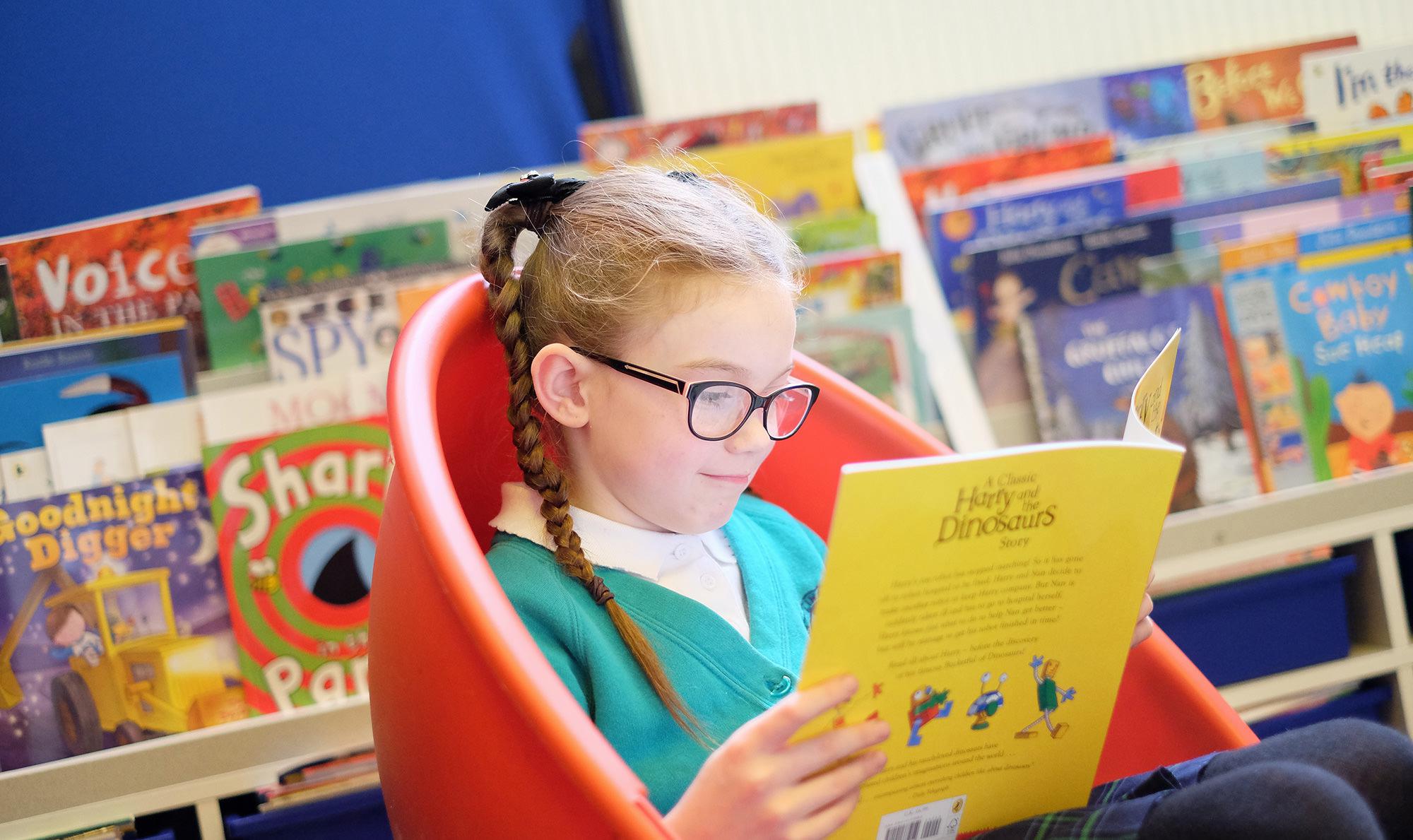PSHE & RHE/RSE
PSHE stands for Personal, Social, Health Education.
RHE stands for Relationships and Health Education (statutory curriculum interwoven through the PSHE curriculum).
RSE stands for Relationships and Sex Education.
Early Years
The teaching of PSHE at Linacre begins in our Early Years classrooms through Personal, Social and Emotional Development. Children will develop and build strong, warm and supportive relationships. They will show an awareness of their own feelings and the feelings of others, regulating their behaviour accordingly, using the Zones of Regulation. Children will develop self confidence, independence, resilience and perseverance. Nursery have a theme for each half-term and record ideas in floor books. Reception have a weekly focused input and record ideas and responses in a floor book.
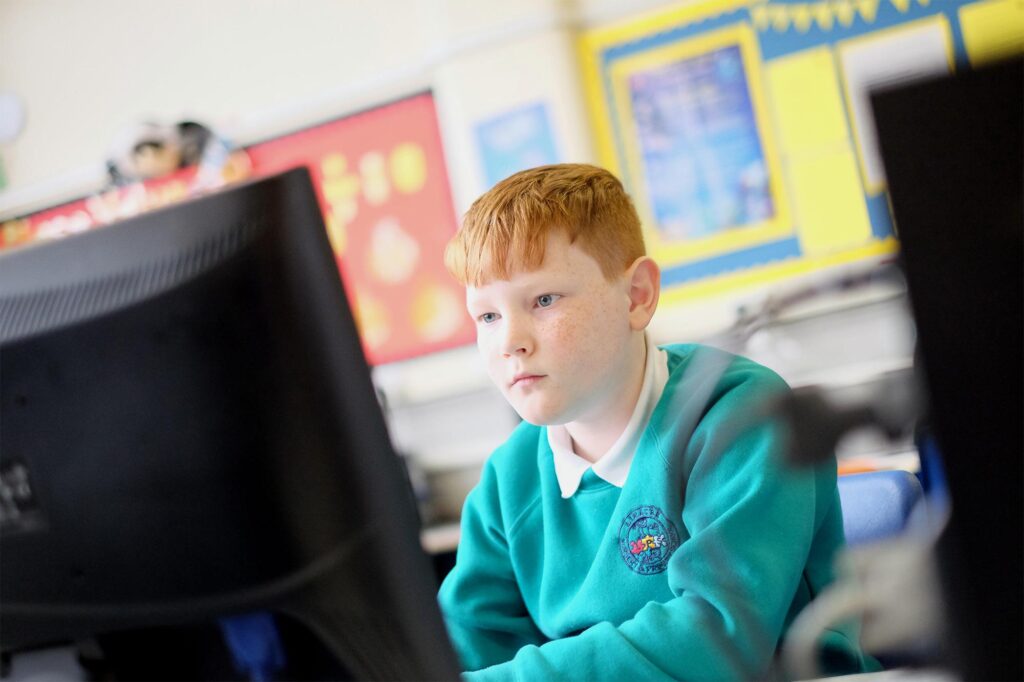
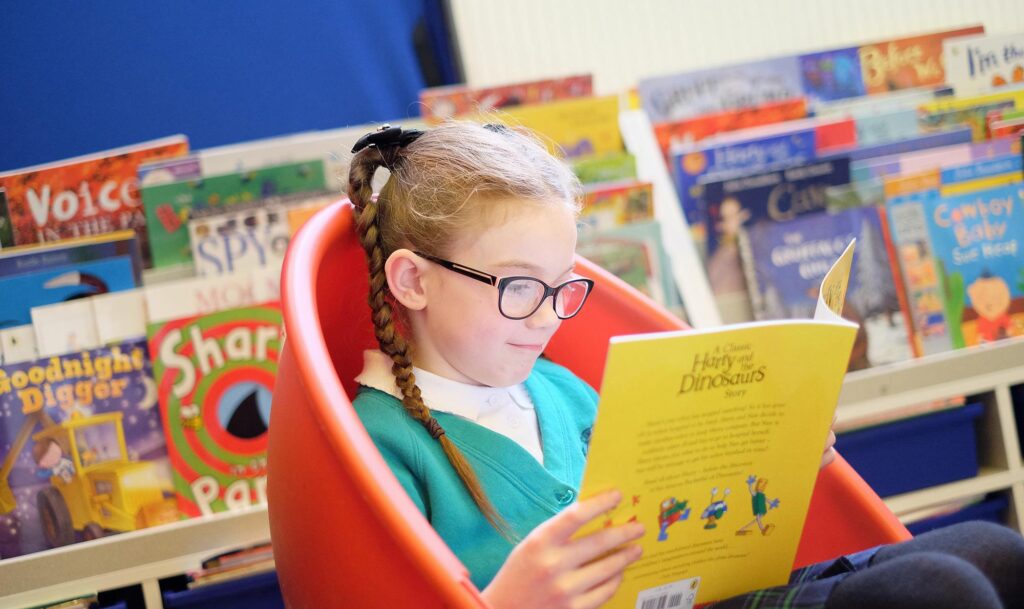
Relationships and Health Education/ Relationships and Sex Education (RHE/RSE)
All lessons included are statutory and meet the objectives outlined in the Relationships and Health Education curriculum. Parents/carers still have the right to withdraw from any lessons classed as Sex Education.
All lessons have been planned to be delivered in an age appropriate way.
If you have any further questions, please speak to your child’s class teacher or a member of the senior leadership team.
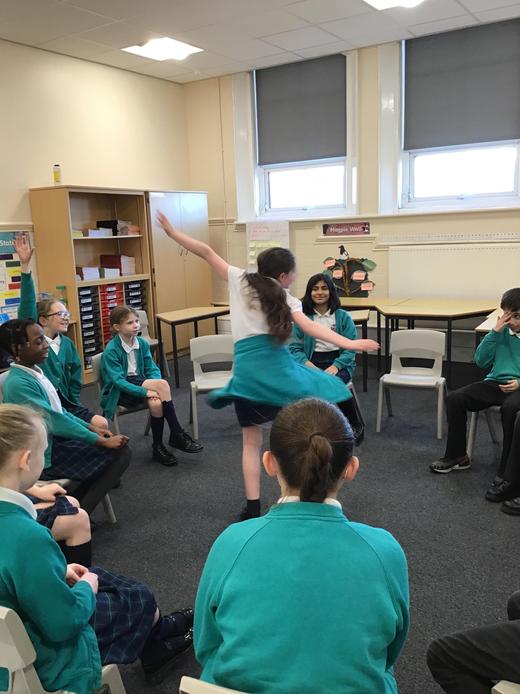
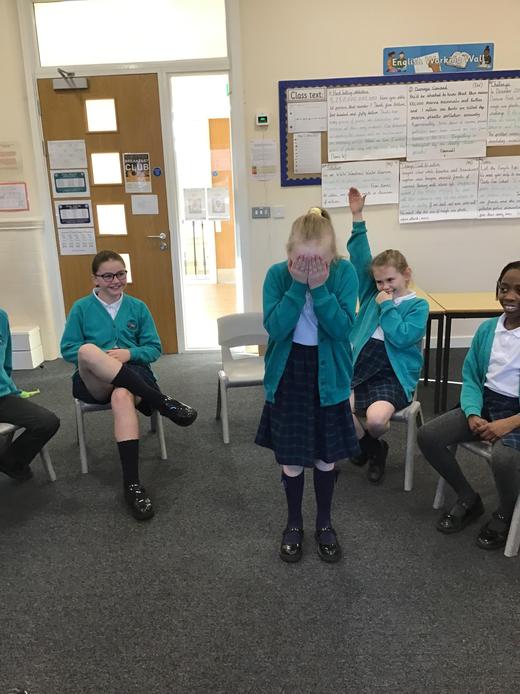
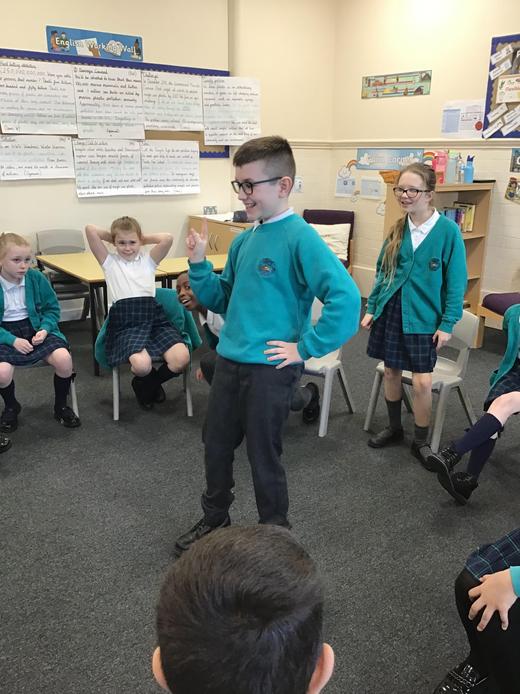
Intent
to develop understanding about physical, moral and emotional development. We are not advocating one type of relationship or sexual orientation, we are acknowledging the world that we live in (which is our duty under the Equality Act 2010). RSE became statutory in September 2020.
Implementation
lessons promote British Values and develop children's understanding of how these values are demonstrated in daily school life and within the wider community. Lessons are taught weekly and evidenced in books and through pupil voice. PSHCE is taught discretely in subject specific lessons and through the wider curriculum such as assemblies, SMSC activities, British Values activities, extra-curricular activities, trips, visitors and enrichment activities as part of themed weeks.
Impact
to help our pupils develop respect for others, resilience in ourselves, to become valued members of our school and wider community
The Zones of Regulation
Children are introduced to the Zones of Regulation (ZoR) in Early Years. They are used across the school. The first PSHCE lesson each half-term re-visits the ZoR as a reminder to recognise how they feel and how they can regulate these feelings. The Red Zone is used to describe extremely heightened states of alertness and intense emotions. A person may be elated or experiencing anger, rage, devastation, or terror when in the Red Zone. The Yellow Zone is also used to describe a heightened state of alertness and elevated emotions, however one has more control when they are in the Yellow Zone. A person may be experiencing stress, frustration, anxiety, excitement, silliness, the wiggles, or nervousness when in the Yellow Zone. The Green Zone is used to describe a calm state of alertness. A person may be described as happy, focused, content, or ready to learn when in the Green Zone. This is the zone where optimal learning occurs. The Blue Zone is used to describe low states of alertness and down feelings such as when one feels sad, tired, sick, or bored. Every classroom has a Calm Corner, with books, paper, pens, sensory toys, that children can access to regulate their feelings.
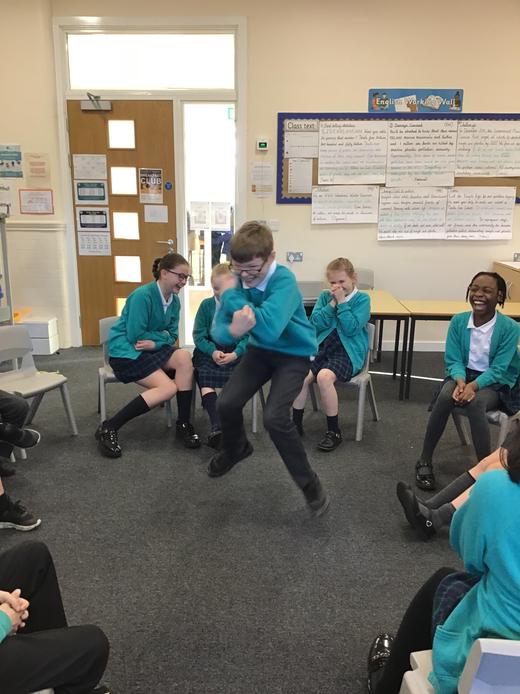
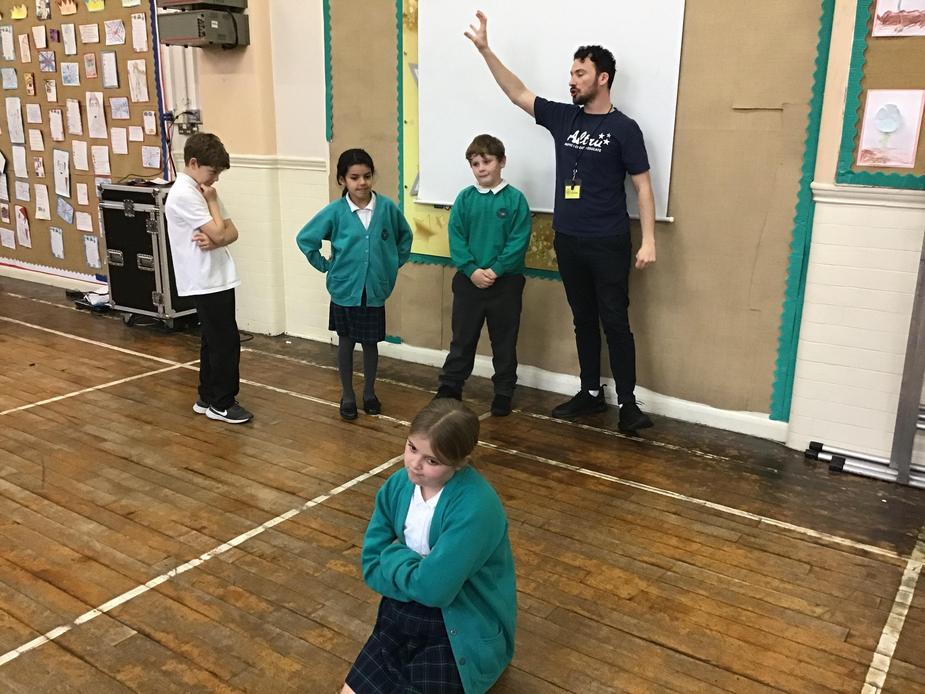
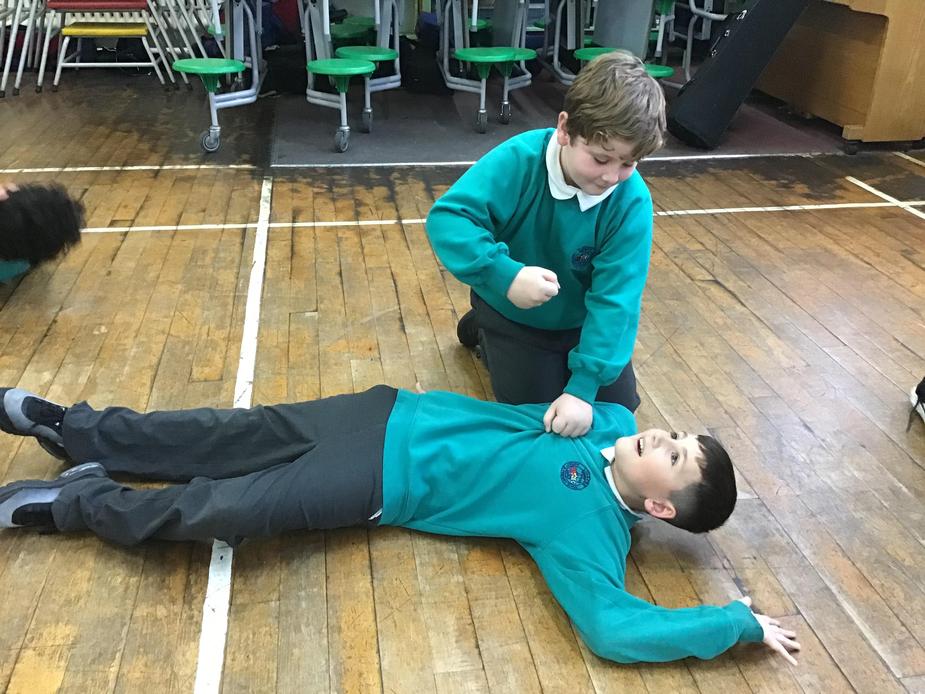
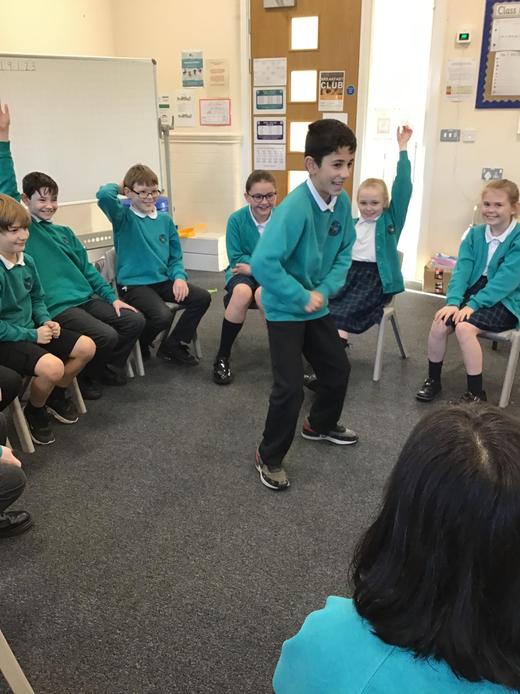
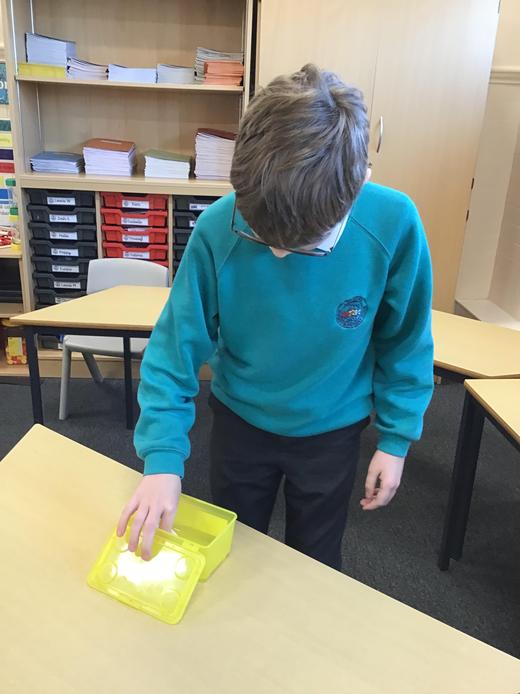
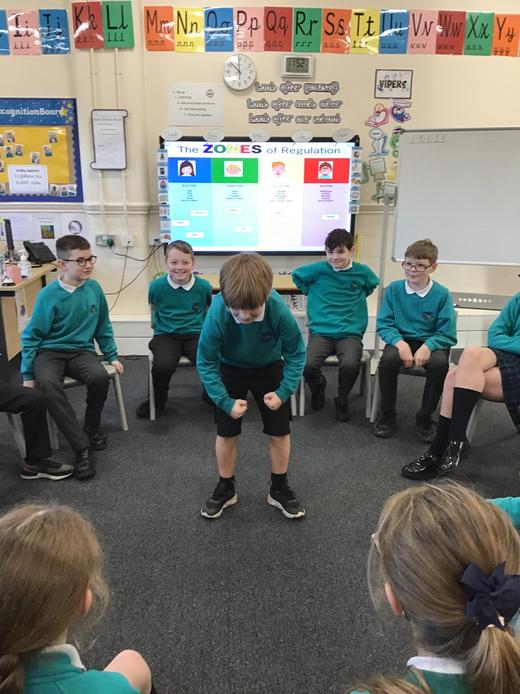

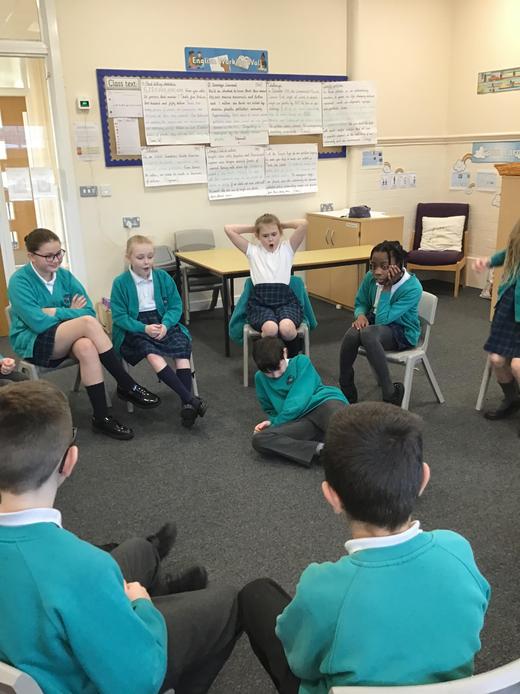
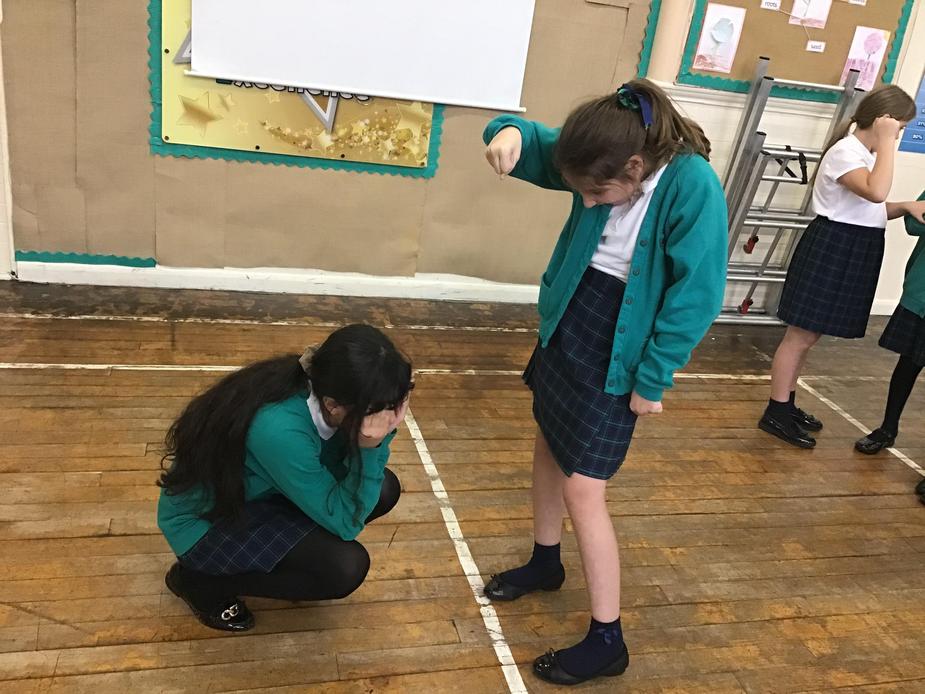
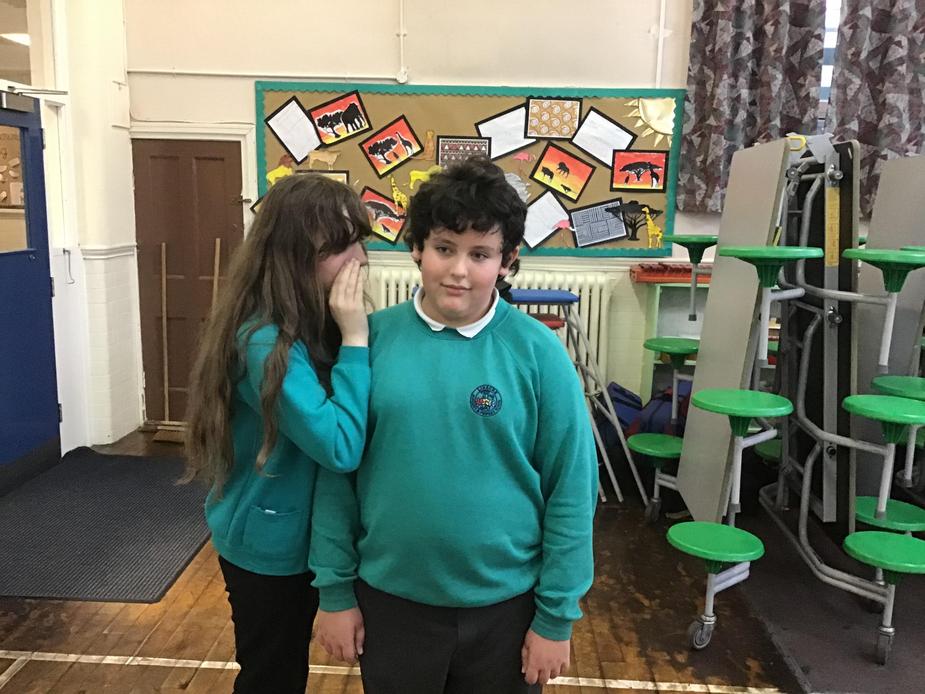
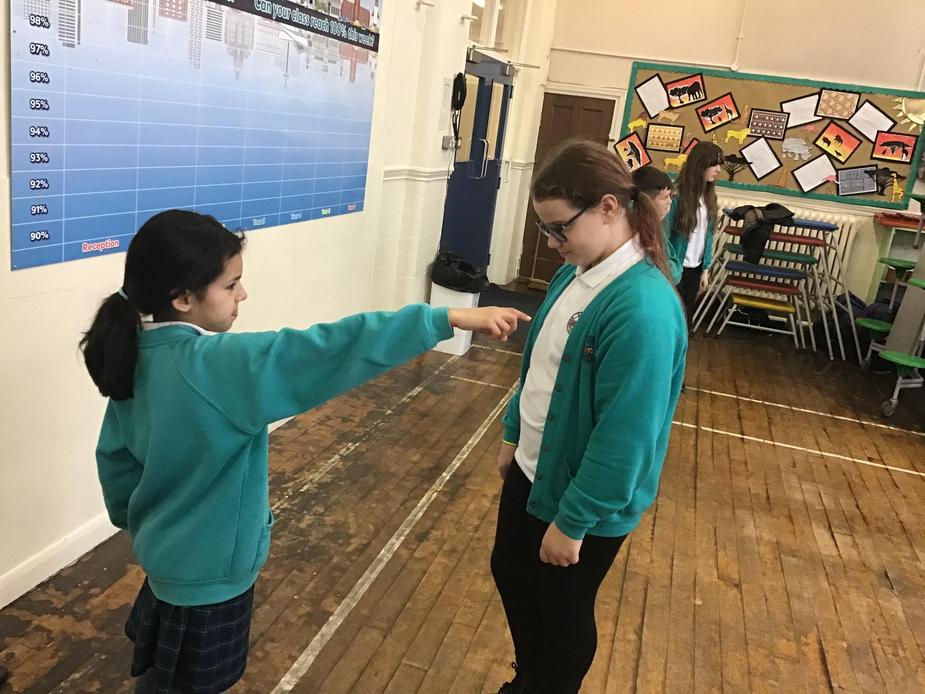
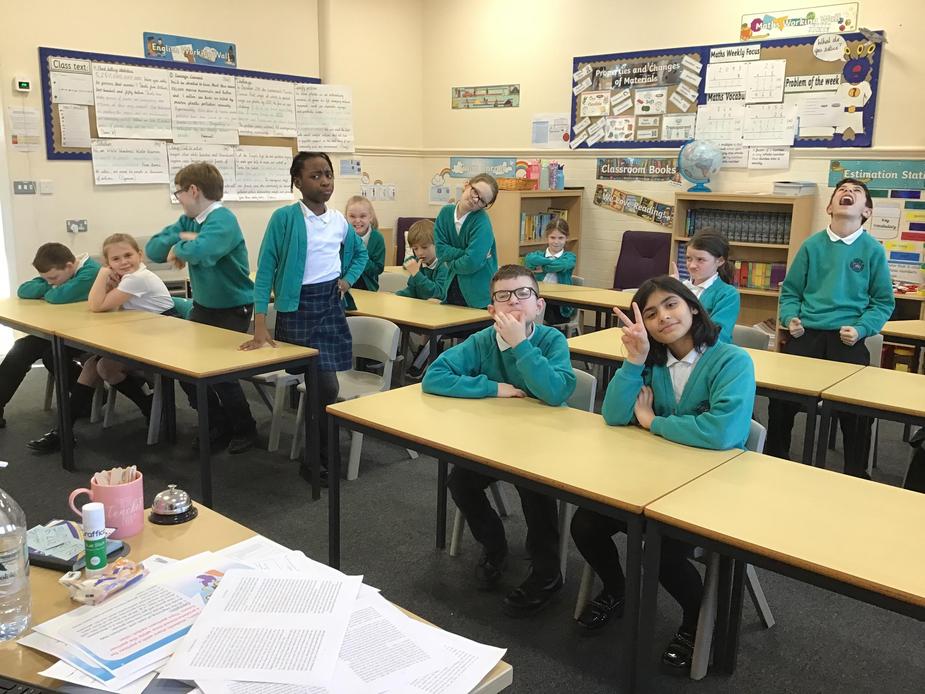
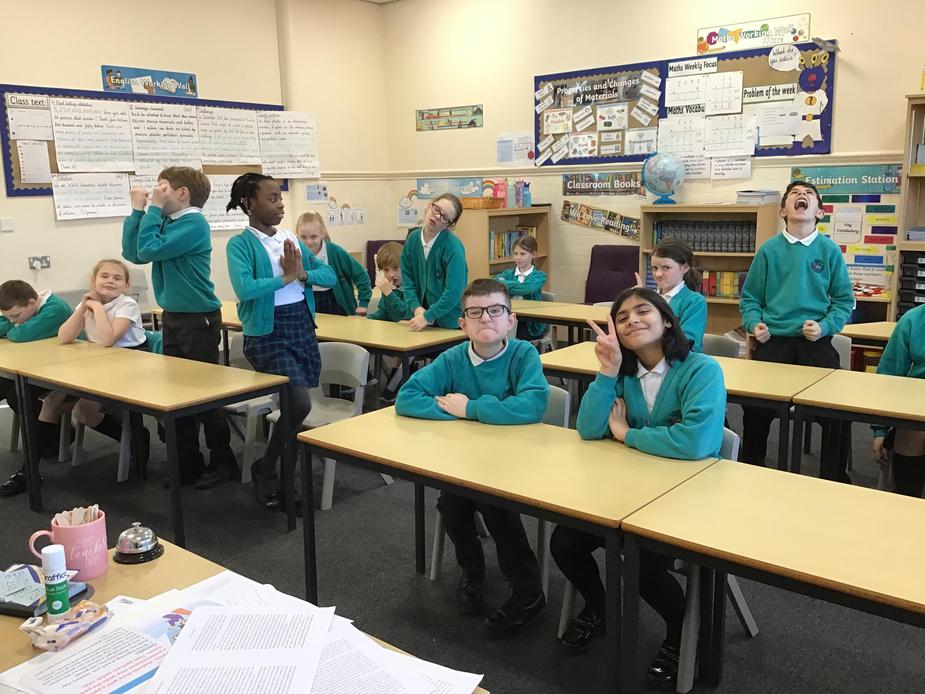
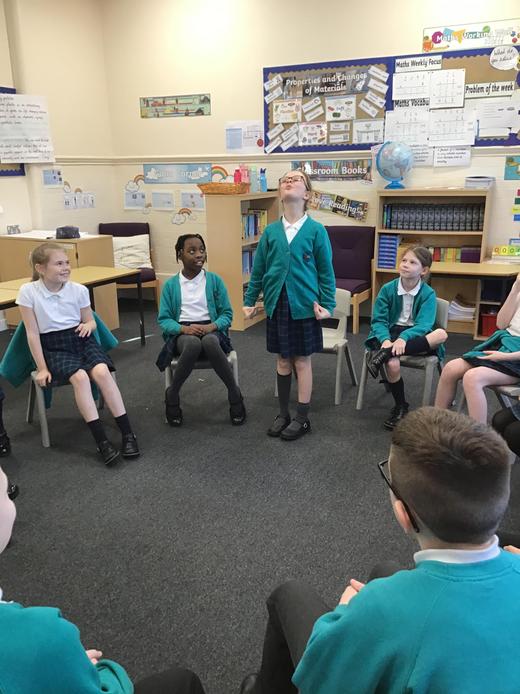
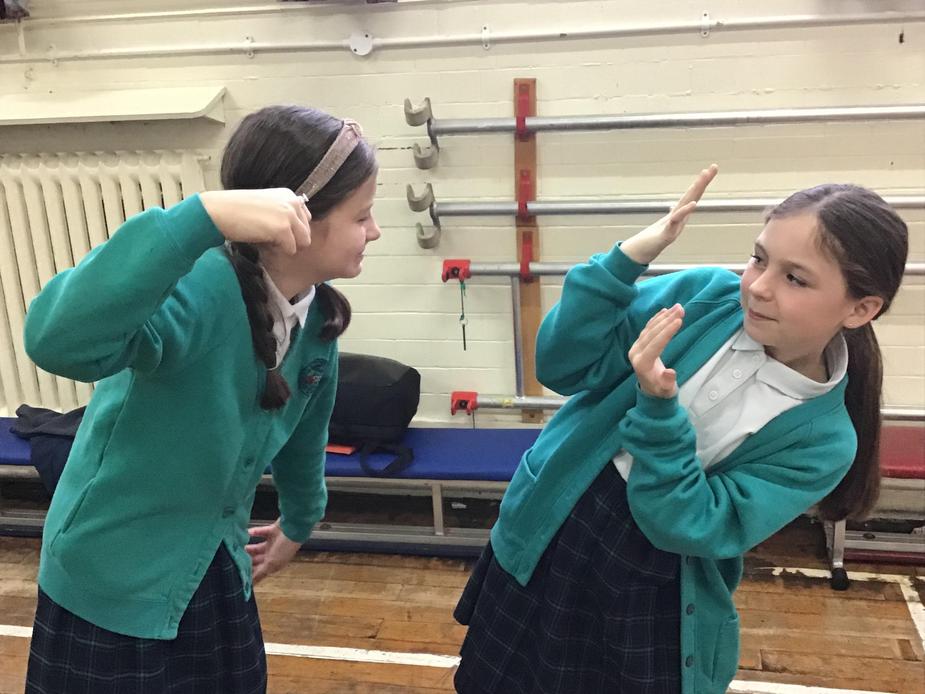
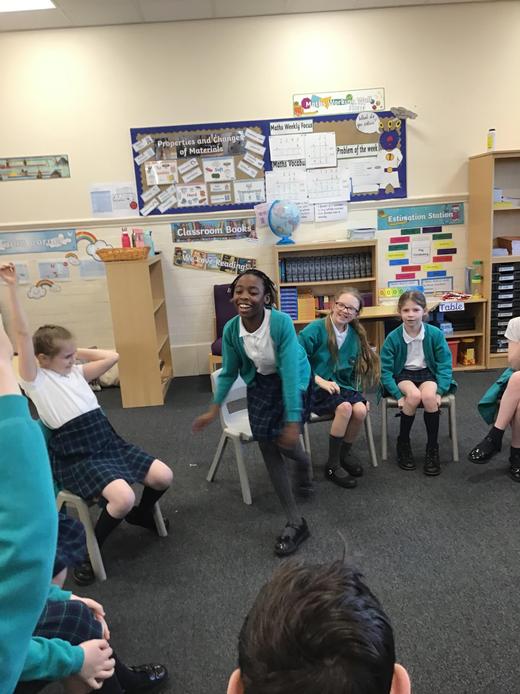
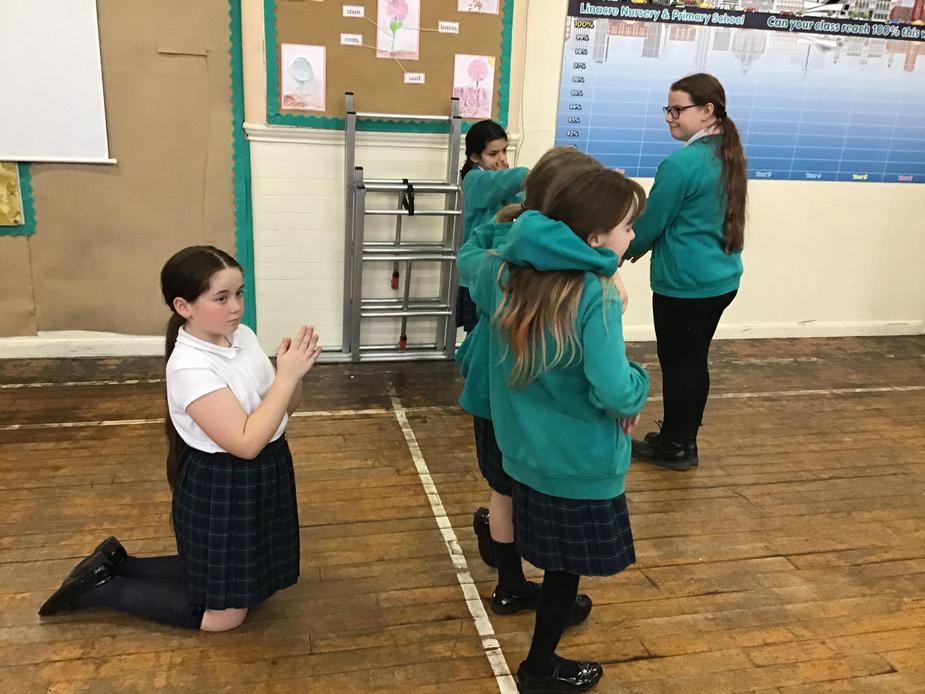
British Values at Linacre Nursery & Primary School
British Values are:
democracy
rule of law
individual liberty
mutual respect
tolerance of those of different faiths and beliefs
For a short introduction to the British Values your child is learning about, please watch the clip below.
https://www.youtube.com/watch?v=bIC1fb5OqMA
We actively promote British values at Linacre through:
Focusing on and showing how the school’s work is effective in securing these values
Challenging pupils, staff, visitors or parents who express opinions contrary to British values
Democracy – what do we do?
Class voting for the election of school councillors at the start of the year;
Provide pupils with a broad general knowledge of, and promote respect for, public institutions and services;
Taught through our PSHCE curriculum;
Encourage pupils to become involved in decision-making processes and ensure they are listened to in school through Pupil Voice;
Help pupils to express their views;
Model how perceived injustice can be peacefully challenged;
Rule of law – what do we do?
Ensure school rules and expectations are clear and fair;
Class rules and celebration of adhering to these rules;
Help pupils to distinguish right from wrong;
Help pupils to respect the law and the basis on which it is made;
Help pupils to understand that living under the rule of law protects individuals;
Explore within our PSHCE lessons what to do if they are subject to peer pressure
Visit from local PCSOs to speak with children regarding safety near railway tracks
Individual liberty – what do we do?
Support pupils to develop their self-knowledge, self-esteem, self-confidence;
Encourage pupils to take responsibility for their behaviour, as well as knowing their rights;
Model freedom of speech through pupil participation, while ensuring protection of vulnerable pupils
Challenge stereotypes;
Implement a strong anti-bullying culture;
E-Safety units of work are taught throughout school and parents and staff receive training on these.
Mutual Respect and tolerance of different cultures and religions– what do we do?
Explore positive role models (where possible) through our topics, including Black History;
Our RE scheme ensures that our children have a good understanding of a range of religious beliefs and customs;
Help pupils to acquire an understanding of, and respect for, their own and other cultures and ways of life;

